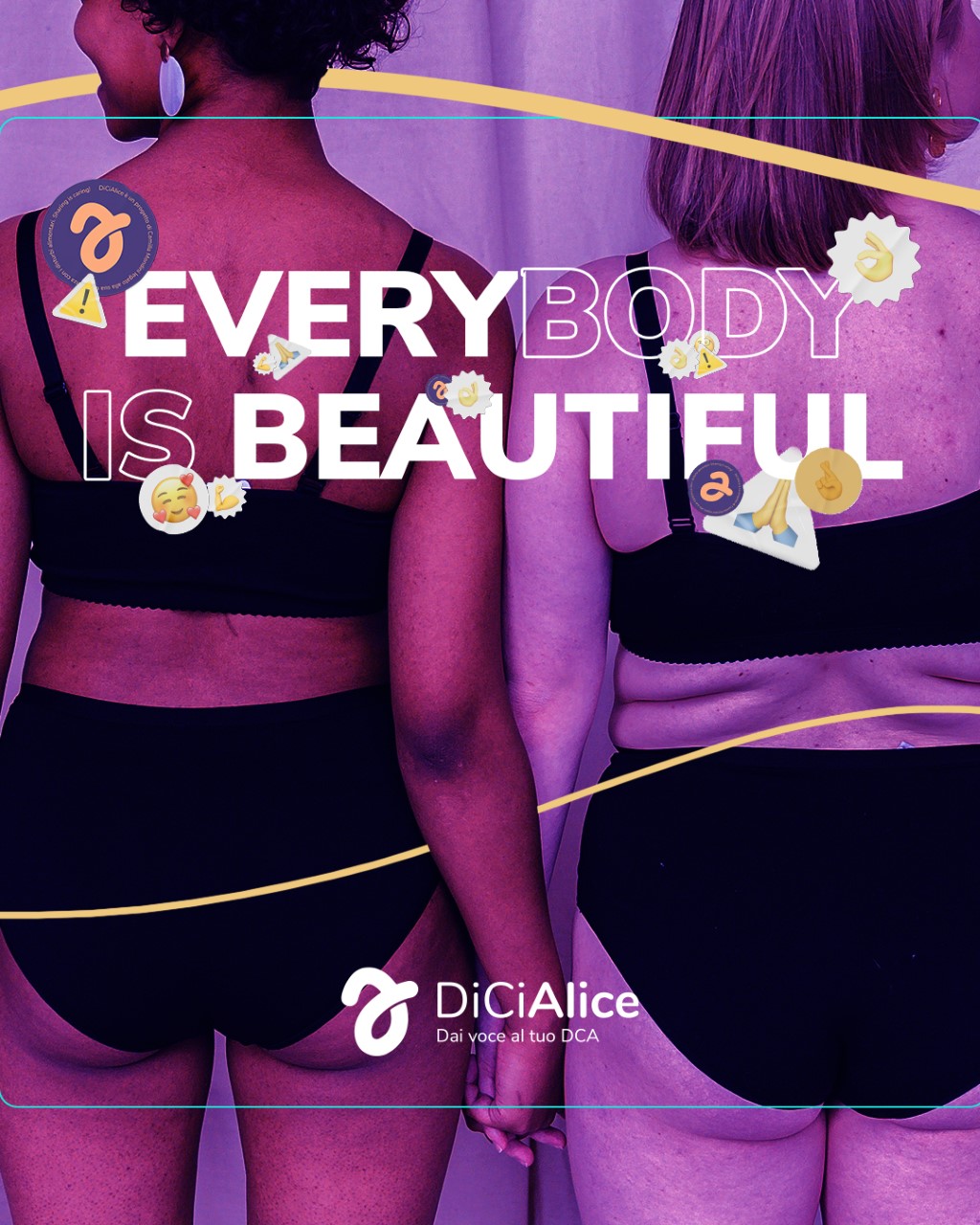Most people you see, regardless of what they are doing, will stop every minute or so and crane their neck over the glowing screen of their smartphone.
(This article by Polis Summer School student, Joe Michalitsianos)
Can you blame them? After hearing reporter Akshat Rathi speak today about Quartz, a newsite and a mobile news application, it seems as though the media industry is both deliberately and involuntarily moving towards being almost solely online and digital. Rathi said that Quartz started in 2012, with journalists in New York, Hong Kong and London. Now, he says, the company has employees in 20 countries across the globe. The success of this application is a testament to the migration of media in the digital age.
From Rathi’s speech, there are some clear reasons as to why this is happening. Firstly, accessibility is becoming a main driving point for news companies. Quartz brings the news to you – newsletters are sent to members 7 days a week, “written like a smart friend sending an email” according to Rathi. Why go all the way to the shop and get your paper for news when you can roll over in bed and check your phone instead?
Another reason is that it is easier to analyze and interpret reader habits online than in real life. For example, Rathi says that Quartz found that the effectiveness and success of an article is directly correlated to word count. Quartz has found that the perfect amount of words for a mobile article is either 500 or less – or conversely 800 words or more.
On top of this, online news organizations have the advantage of being able to see which of their articles are being read more than others. This means they can focus on whats being read by the public instead of wasting time and resources on articles that won’t be read.
Another interesting aspect to Rathi’s talk was that he never intended to be a journalist. Rathi studied organic chemistry and engineering before deciding later that he wanted to learn new things and write about them, thus leading him to become a journalist. His journey represents another change in media when it shifts online – anyone can be a reporter. The online space is vastly public, so when somebody writes something there, it can be seen by thousands or millions of people. There is room for an argument as to whether this is good or bad, but it certainly has cleared a path for a new type of journalism.
(This article by Polis Summer School student, Joe Michalitsianos)




